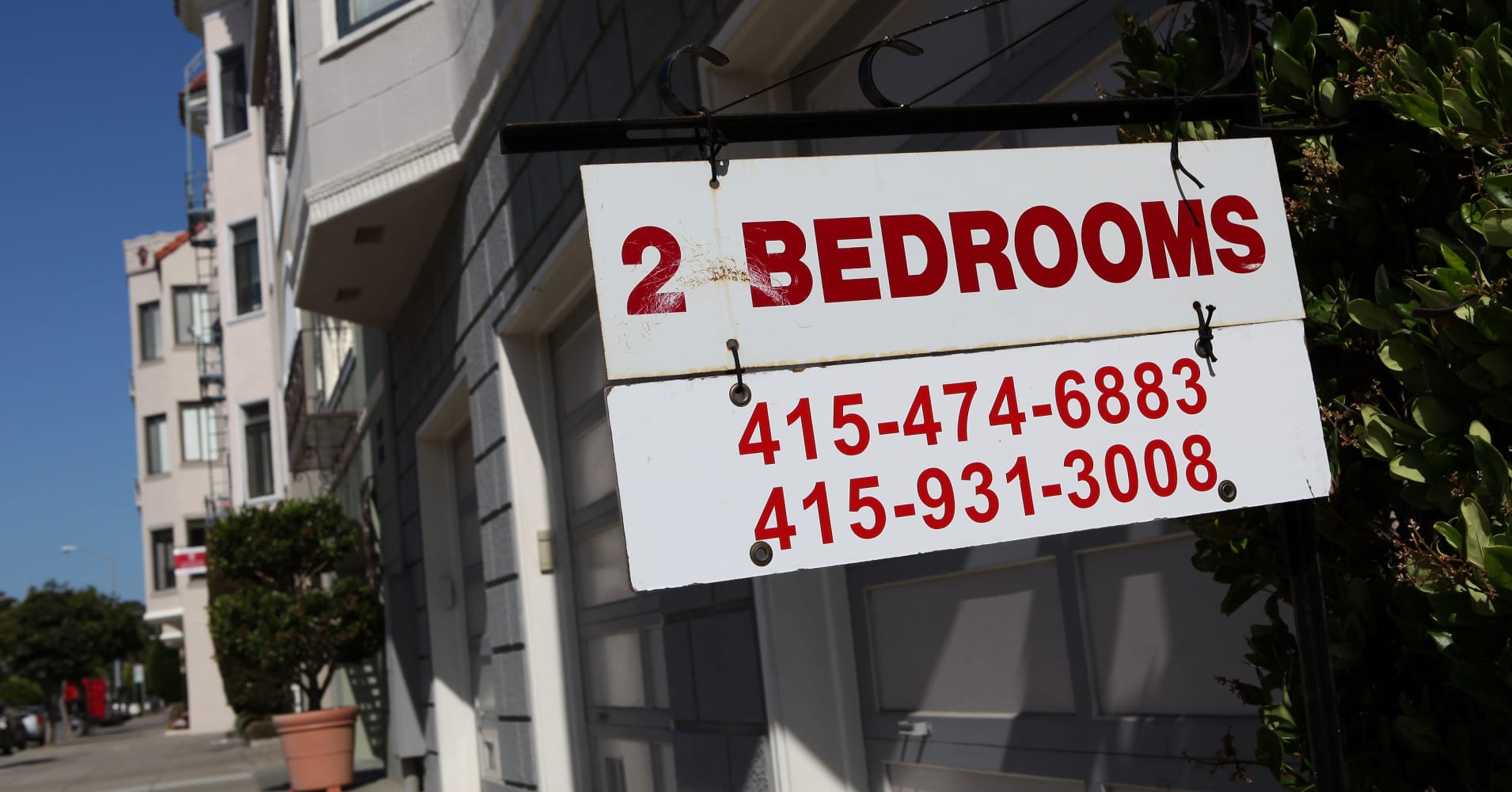
Surging demand and strong occupancy in the nation's apartment market is "surprising" experts who say the continued strength is "unexpected."
Just a year ago, as dozens of cranes swarmed over major U.S. cities, there was concern that the rental apartment market was overheated and overbuilt.
Apartment absorption, which is the rate at which new units are rented out, is now at the highest level in three years, according to the U.S. Census. Apartment construction took off in 2012 and reached a 20-year high in 2017. It remained elevated this year, despite warnings that demand would slow as more millennials aged into their home buying years.
And while buyer demand did surge, sales were thwarted by tight supply that has pushed prices higher in the past few years, weakening affordability. When mortgage rates surged this year, even fewer people were left with the means to buy a home.
"People underestimate how far away from homeownership a lot of renters across the country, even in luxury apartment buildings, are," said John Pawlowski, residential sector head with Green Street Advisors. "The demand has been better than expected. It's been a stickier tenant base and pricing power at that tenant base, again in the face of elevated supply, has simply surprised us."
The third quarter of this year marks the fourth consecutive quarter of positive operating "surprises" for apartments, according to a recent report from Green Street, which noted that the asset values of these apartment properties remain on firmer footing than most core property types. Apartment earnings were also better than expected.
That is because rents remain strong. In the fourth quarter of this year, both the national average asking rent and effective rent (the latter takes out landlord concessions) increased 4.9 percent and 4.6 percent, respectively, from the fourth quarter of 2017, according to Reis. The apartment vacancy rate was unchanged, despite so many new units being completed.
"Apartment construction started to accelerate in 2017 and has remained elevated throughout 2018," said Barbara Denham, senior economist at Reis. "This had raised concerns that the apartment market was becoming overbuilt. Yet consistently, apartment occupancy growth has nearly kept pace with supply growth, as demand for apartments has been robust throughout 2018."
Denham also points to the weakness in the housing market boosting apartment demand.
"The housing market could continue to suffer given the recent stock market declines that have sent jitters throughout the market. Moreover, last year's tax reform that doubled the standard deduction reduced the incentive to buy a home, which has also helped the apartment market," added Denham.
Of course all real estate is local, and some markets are doing better than others. In Washington, D.C., where apartment construction has been quite robust, landlords are slightly more cautious.
"Bozzuto has reason for tempered optimism, as we have seen a trend towards higher rents and healthy absorption across our 72,000 unit portfolio in the last quarter," said Toby Bozzuto, president and CEO of The Bozzuto Group, which develops apartment in major cities mostly across the north and southeast.
"We are becoming increasingly confident in our forward revenue projections for 2019, and anticipate a 1-3 percent rental increase portfolio wide. We attribute this strong rental demand to fissures in the for-sale housing market due to rising interest rates, as well as the continued insurgence of renters by choice," he added.
Apartment REIT stocks are also surging along with the earnings of their companies, and that was not the case just a year ago, when investors thought the sector was overbuilt.
"The REITs have been one of the best performing sectors in 2018," said Pawlowski. "2017 was a tough year for REITs too, so a bit of the 2018 outperformance was because they looked cheaper heading into the year from substantial underperformance preceding 2018."
Green Street has a sector 'overweight' call on the residential REITs, including apartments, single-family rental REITs and manufactured housing.
"We have a high level of conviction that those property types will outpace returns and will outperform most non-residential sectors heading into next year," said Pawlowski.
No comments:
Post a Comment